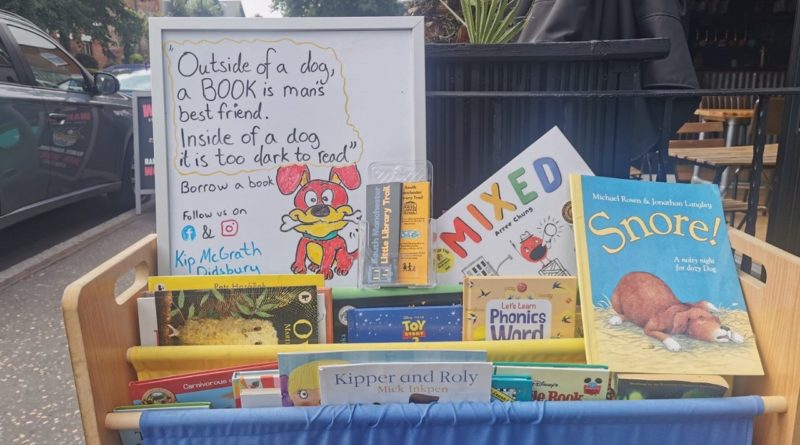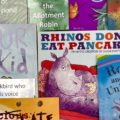Do Phonics Really Encourage Independent Reading?
As parents now know all too well, children learn to decode letter-to-sound relationships during their Early Years education, in a process intended to help them become independent readers.
What parents don’t know, perhaps, is that there is some debate surrounding the effectiveness of this method. On one side, you have educators who say that there is too much of a focus on phonics instruction at the expense of having children read for the sake of reading. On the other hand, you have those who say that phonics instruction does help to give children the tools to read independently.
The problem for some lies in the way reading is seen by the child. A number of case studies has shown that children, particularly in literacy-poor households, start seeing reading as an act of decoding rather than any meaningful experience. That’s the last thing we all hope to instil in our young!
Interestingly, despite the wide-ranging opinions between academics of pedagogy, there are significant agreements about what works best.
Here are 3 things that pretty much everyone agrees on, and which we have implemented in our Early Years tutoring program at Kip McGrath in Didsbury:
- Phonics instruction is effective in combination with reading for meaning. Phonics should not be seen as a separate subject and children should immediately see its value by connecting their ability to decode with visualising and experiencing reading.
- Children learn in different ways and the best way to teach improve a child’s reading skills is to better understand what works for them. Having experienced teachers working with small groups of students allows us to do that here at Kip McGrath.
- Interactive reading sessions are invaluable for children. Every study shows that children who enjoy reading and being read to, will read better. To do this, it is not only a matter of decoding and blending sounds, having the background knowledge of how texts are constructed, vocabulary, and context. All of this can be taught by reading out loud to children in interactive sessions. Asking questions and commenting is very important here. “Why did she do that?” and even personal reflections and opinions like “I don’t like that” are important to help the child see what reading can be.
Everything seems to come back to the enjoyment of reading. That is why we’ve set up a little free library outside our centre on Burton Road as part of the South Manchester “Little Library Trail”. The work they do in order to create barrier-free access to books for everyone is something we are extremely proud to be part of. Whether you’re team phonics or not, a universal love of books is one of the best gifts you can give your child.
To find out more about the South Manchester Little Library Trail, head to manchesterlibrarytrail.com
For a free assessment in maths and literacy with your child, visit kipmcgrath.co.uk







As a primary school teacher I know how useful it is for the children to sound out words when they are beginning to learn independent reading.
I learned all my children to read with phonics . Makes it much easier for them .
I think phonics definitely helps children read independently but i feel like the joy of reading has gone down in general!
I definitely agree that they do. My grandson didn’t speak a work until he was 5 and only when he was in a special school did he begin with phonics did he really begin to speak and read
I think phonics are very helpful. My great grandson has autism and was a bit slow with reading but sounding out the words certainly helped him and he one on in leaps and bounds and loves to read
I know my son learn how to read through memorising each word as it is written rather than how it sounds. But that is how you learn how to read in Chinese,, where there is no alphabet system. But as a parent, I still try to teach my son phonics, but I am not aggressive with it as in the end. I do want him just to enjoy reading and if he finds it easier memorising each word then let it be. There is nothing wrong with learning different ways to read. So he’s learning to read through memorisation and I’m teaching him the rules behind it.
Great interesting read
I completely agree with the statement that we should see what works for the child. My son never how to read through phonics but he’s slowly learning phonics now. He learnt it purely by memorising each word but it worked for him and he enjoyed reading that way. Forcing him to learn phonics took the joy away from reading for him, especially on words he already knew how to read confidently. But as we are learning new words and longer wors, he’s using phonics to help him but we definitely don’t force it if he has his own way of learning how to read.